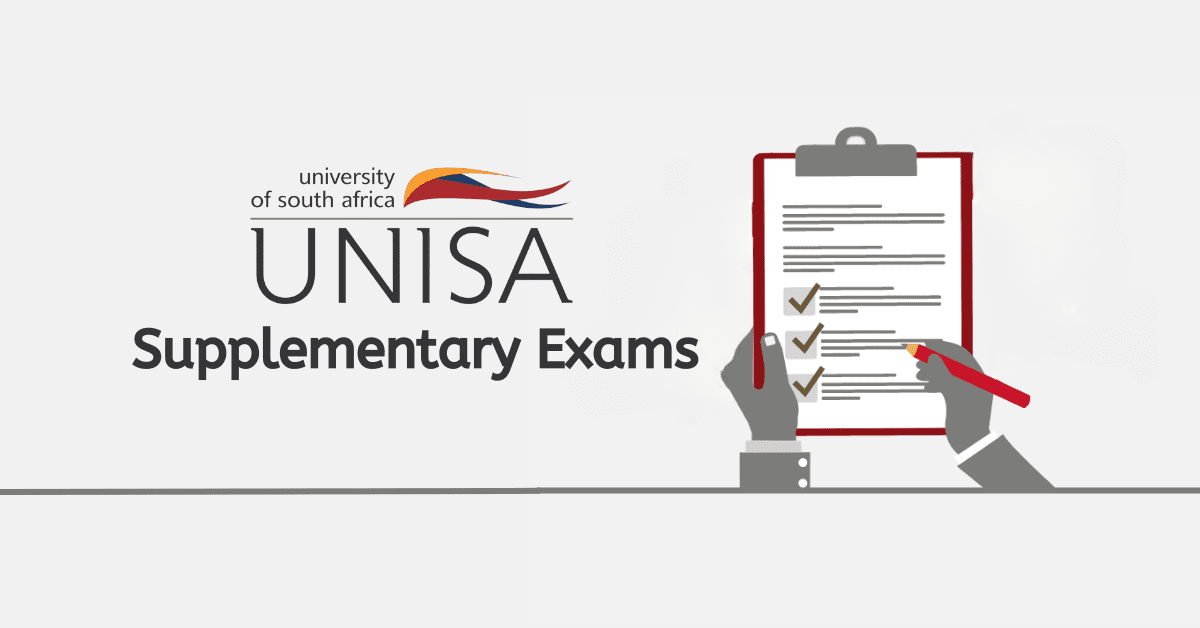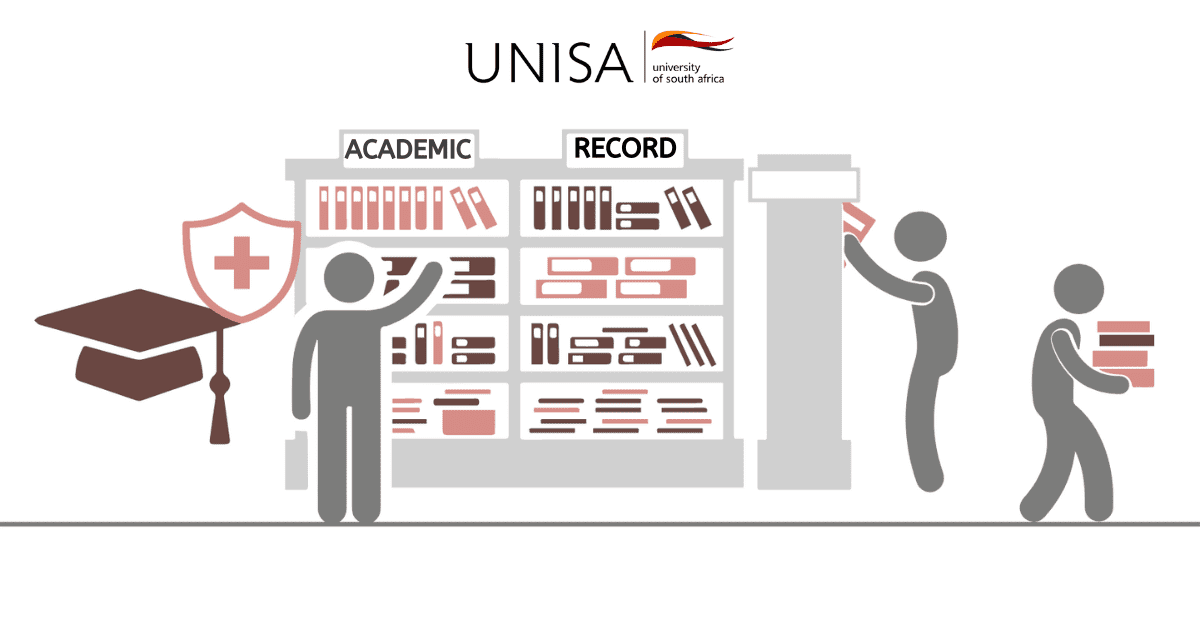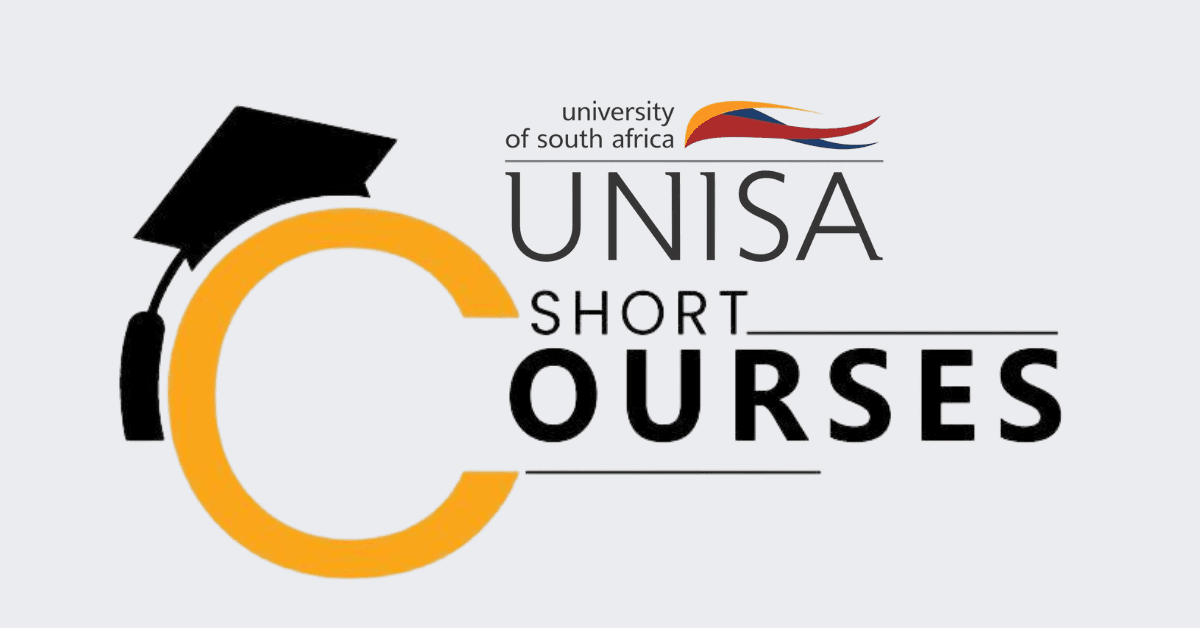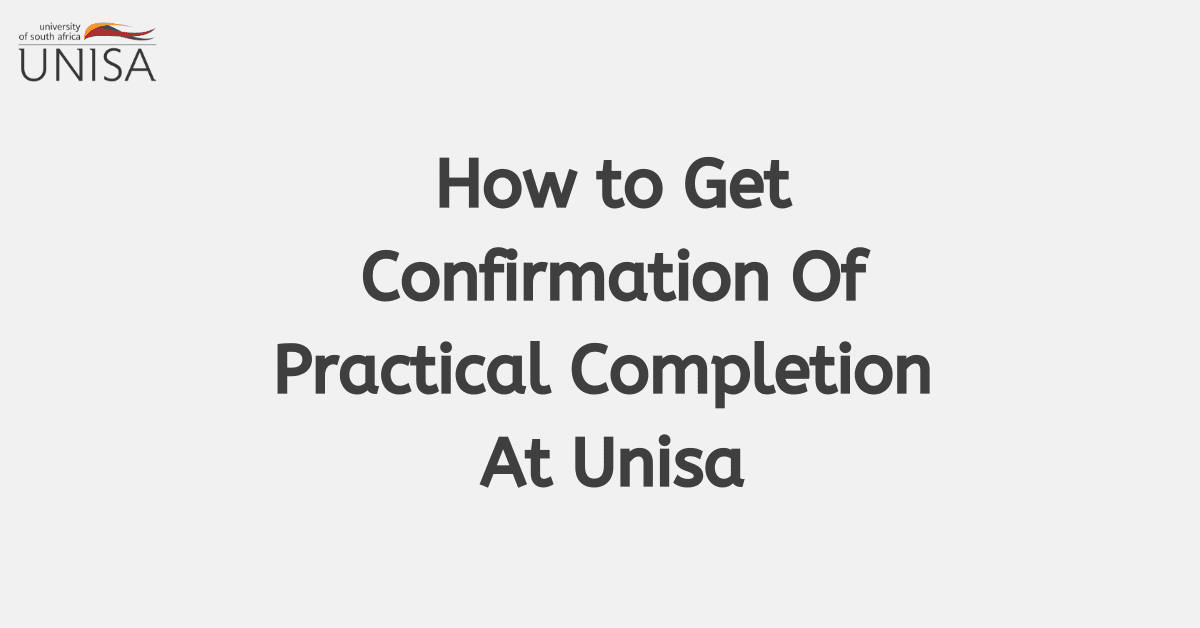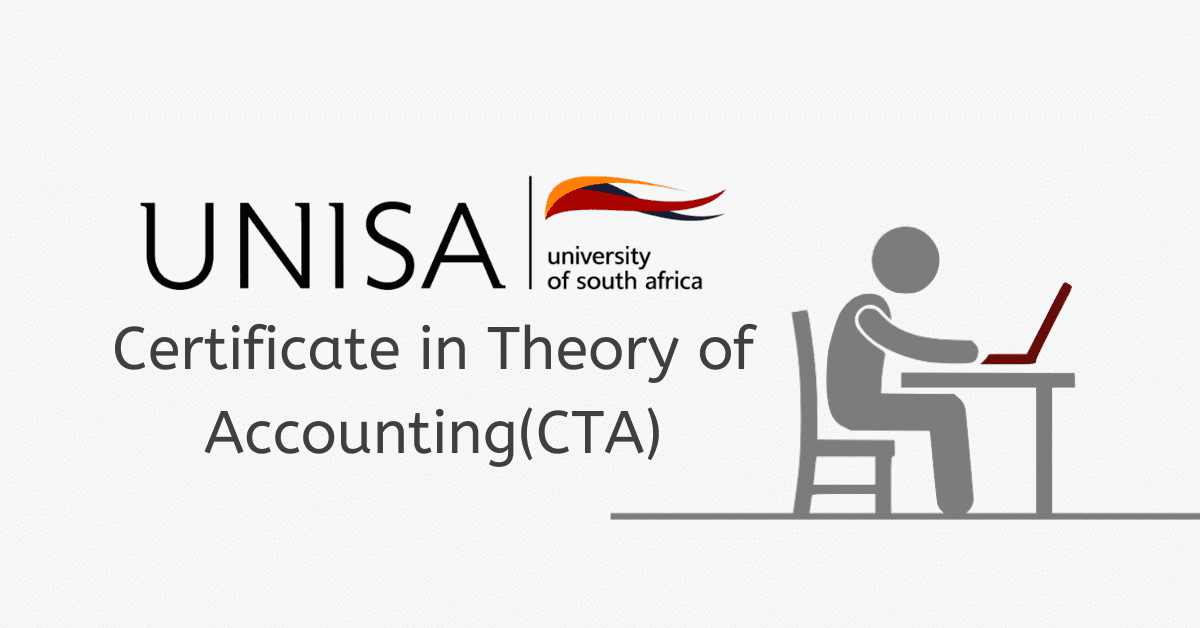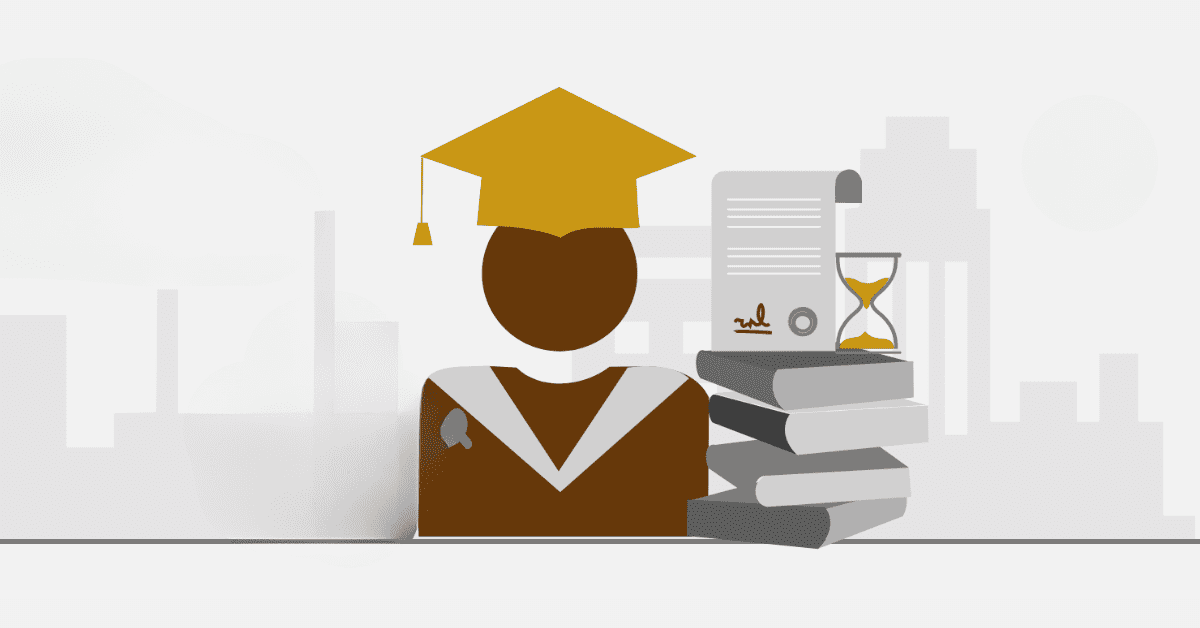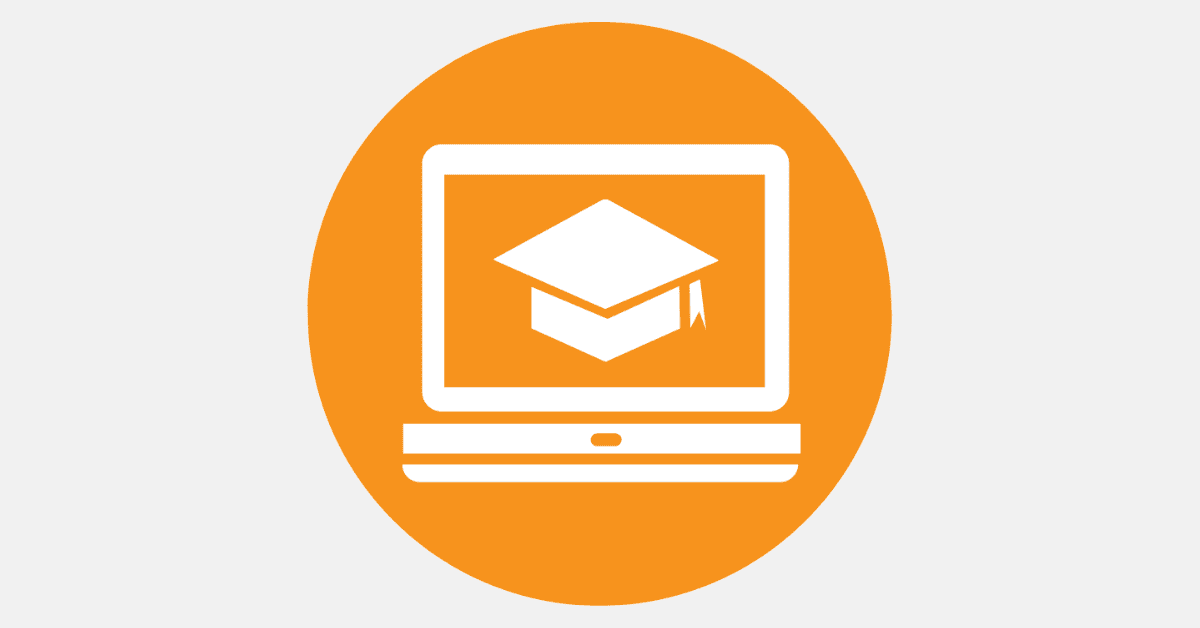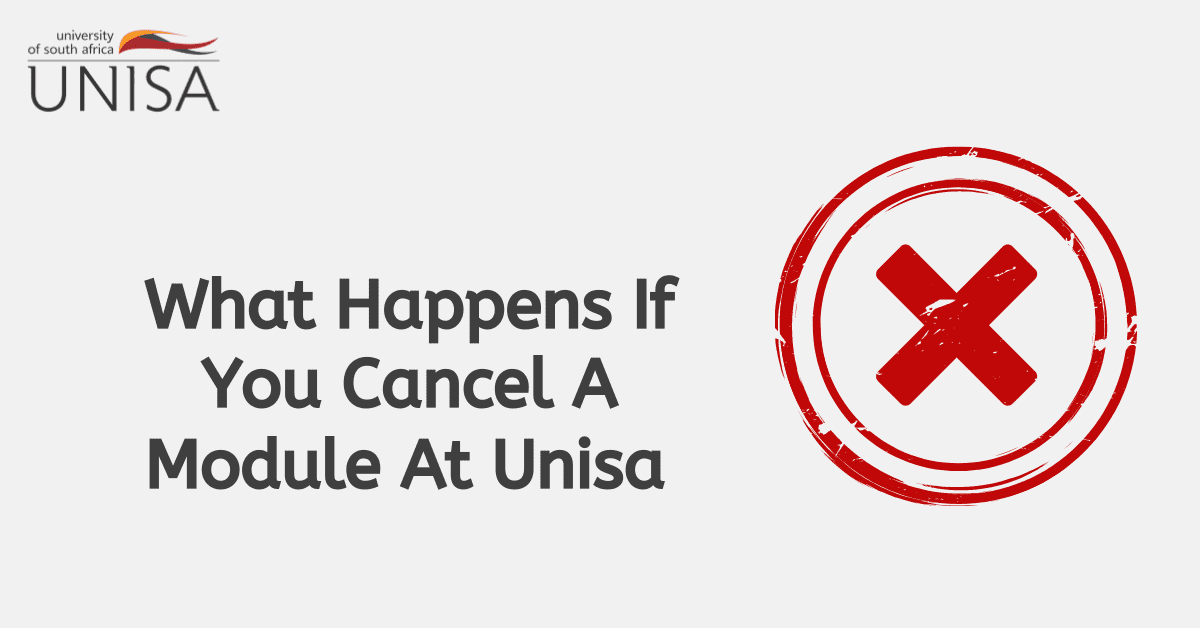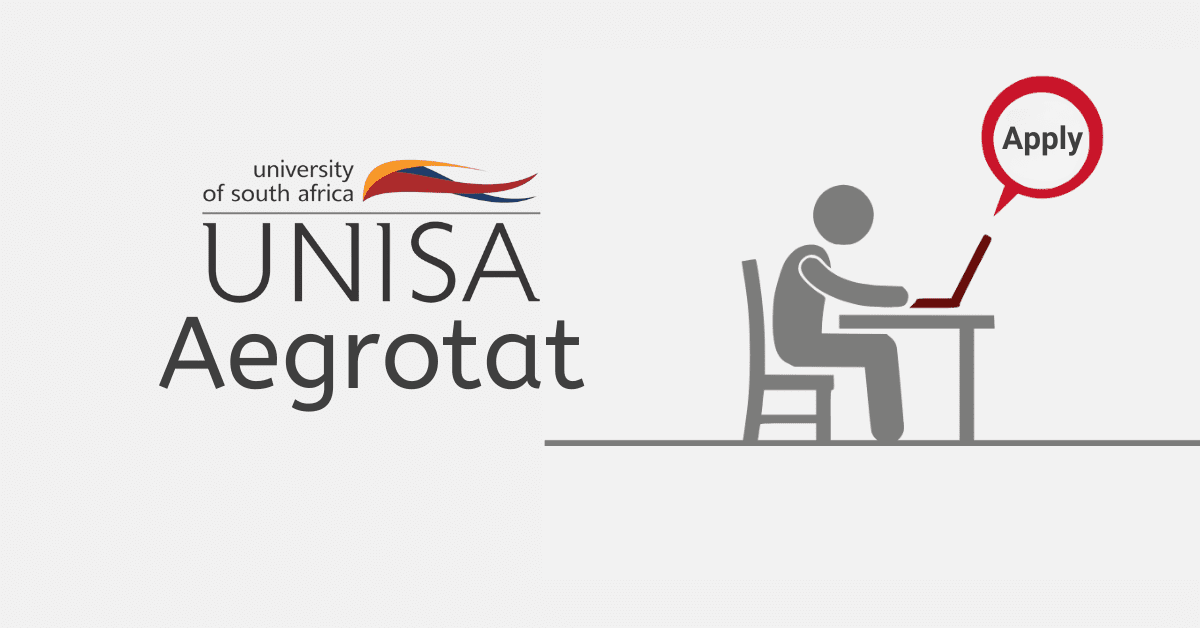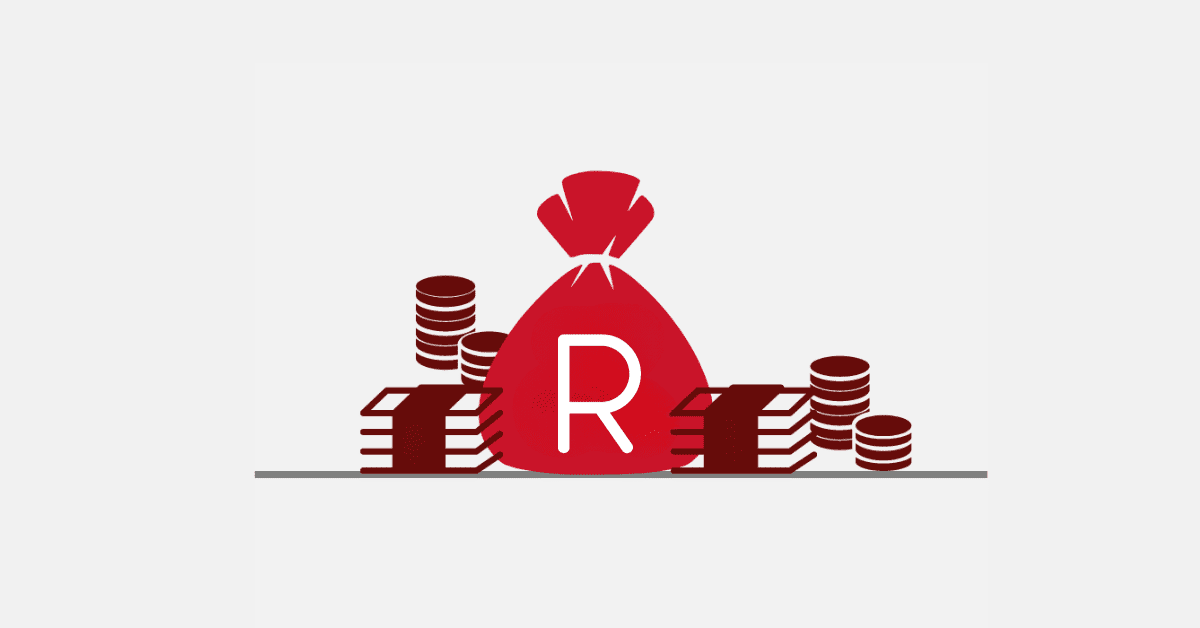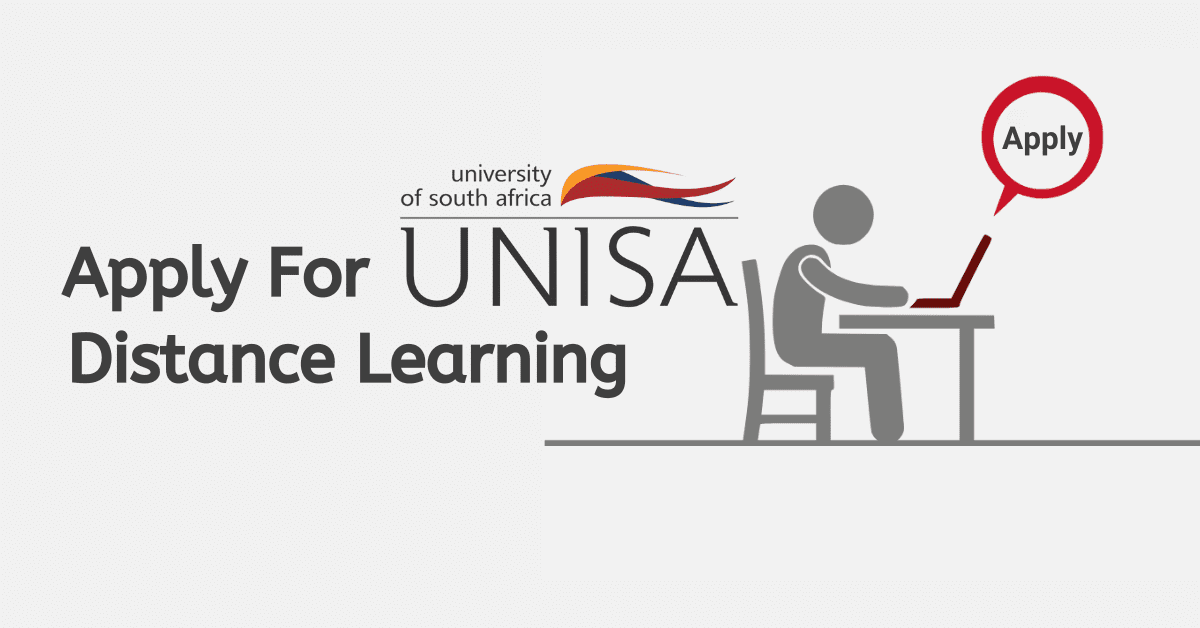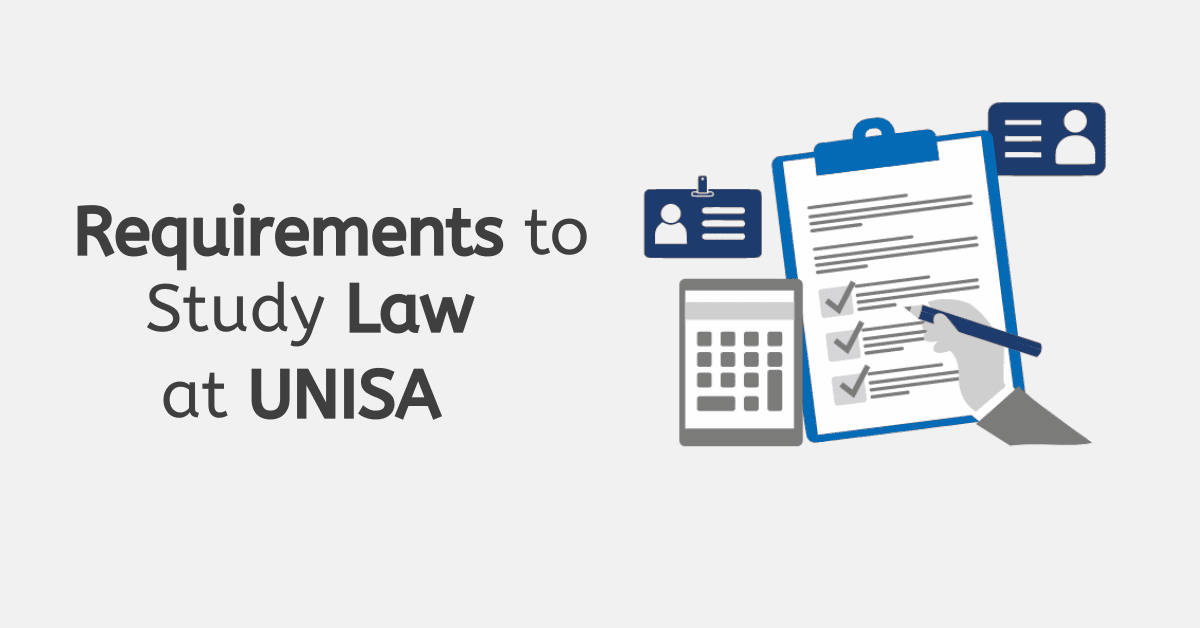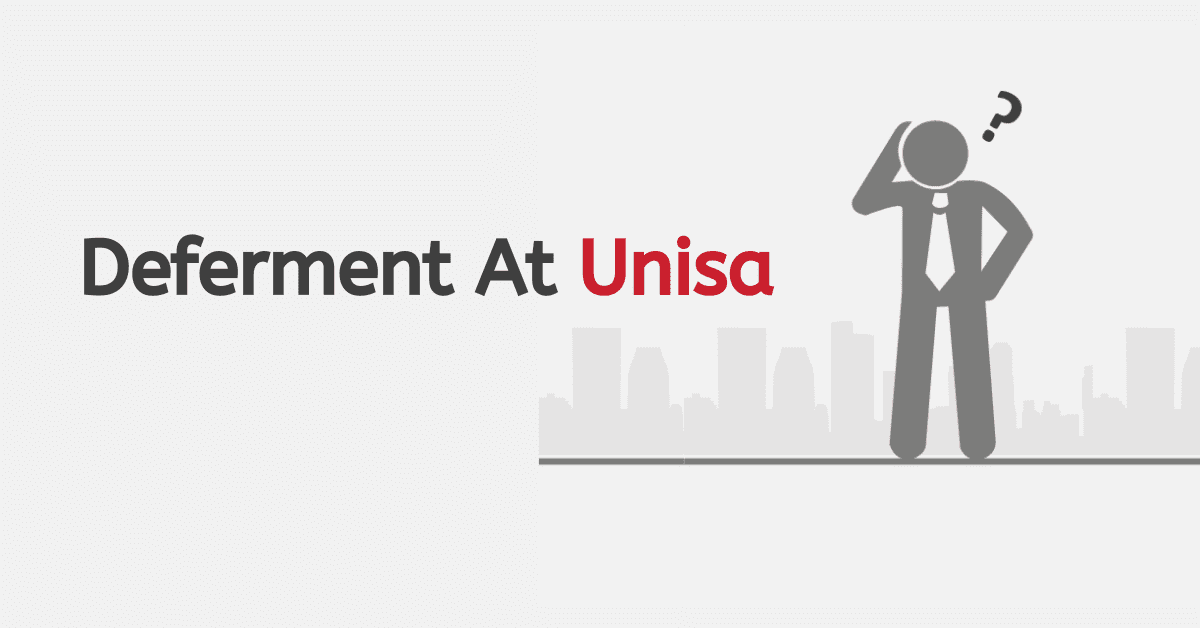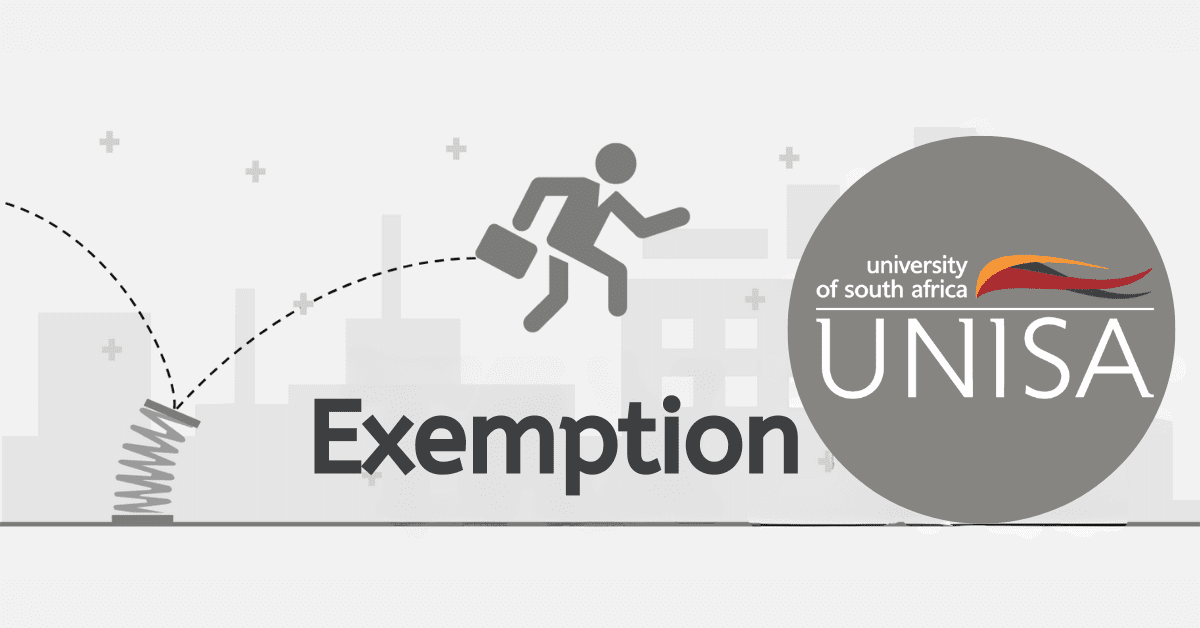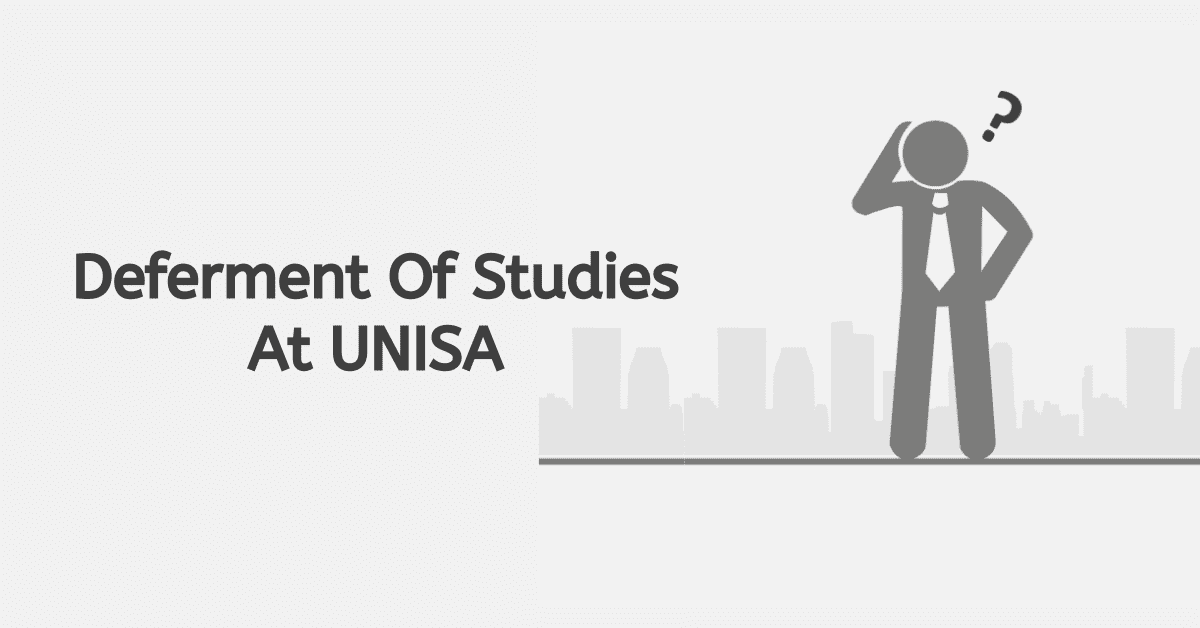Before we can expatiate on self-assessment, let us look at what assessment is. How are we assessed? Is it important to be assessed?
Assessment is a methodical process that involves evaluating, measuring, and appraising different aspects of an individual, group, or entity.
The purpose of the assessment is to gather information and results to award marks, make a decision or be used for improvement. There are different kinds of assessment in this particular contest, but our word “assessment” will be defined as educational assessment.
Assessment in education refers to a structured procedure that involves evaluating students’ learning, knowledge, and skills. Its purpose is to assess their comprehension of course content and track their overall academic development.
There are various assessment methods that can be used, such as tests, projects, presentations, and portfolios. Assessment plays a crucial role in education by allowing educators to customize their instruction, inspire and engage students, and guarantee that learning outcomes are valuable and significant.
While we have looked at assessment, let us take you through self-assessment at UNISA. We will cover questions like “What happens if you fail an assessment at UNISA?” “What are the benefits of self-assessment?” and What is the pass mark for the UNISA assessment?”
What is self-assessment at unisa
Self-assessment is a crucial component of a continuous performance improvement strategy and quality assurance in the field of education, training, and development within higher education.
Self-assessment is a series of tests that are generated on the UNISA platform to give you a trying hand on the various courses or modules.
This self-assessment is designed internally by UNISA to run checks with students, especially with their understanding of a particular course.
Self-assessment plays a crucial role in education by allowing educators to customize their instruction, inspire and engage students, and guarantee that learning outcomes are valuable and significant.
Self-assessment of core attributes is a valuable practice that allows individuals to gain a deeper understanding of themselves and their personal qualities. By taking the time to reflect on your core attributes, we can identify our strengths and weaknesses and even reflect on your career development.
What happens if you fail an assessment at Unisa?
The outcome of every assessment has its own consequences; while others may be minimal, others can be very impactful. Taking up the chance to test yourself is a key to self-development and growth.
Failing can be the worst thing for any student. No student who is focused and ready to study at UNISA looks out to fail any test. But what happens if you fail an assessment at UNISA? What are the consequences of failing the assessment you took?
Well, if you must know, failing an assessment can affect your mark depending on the course, qualification and the lecturer. There are tutors who take assessments seriously and award huge marks to assessments done. While there are policies surrounding the entire marks allocated to assessment, some tutors may not be considerate.
Also, there is an assessment that tests your understanding of the course and provides feedback to the lecturer to help students gain a better insight into the course.
Failing an assessment could get you a 0 in your test score or perhaps a lower mark. However, the impact of a failed assessment on your final mark is very minimal.
There are instances where one particular assessment may constitute 15% of your total mark. Therefore, losing all this 15% is significant for your module grade. There is no punishment for failing an assessment, but the outcome surely can influence your final grades.
What are the benefits of self-assessment?
If you must know, there are so many benefits students can derive from self-assessment. Students at the University of South Africa can enjoy a multitude of benefits through engaging in self-assessment. First and foremost, it helps cultivate a feeling of responsibility and self-reliance, motivating students to assume control over their own education.
By promoting critical thinking and self-reflection, this approach helps learners recognize their strengths and weaknesses in their understanding.
In addition to that, self-assessment is also beneficial for improving time management and study skills, which are crucial for achieving success in higher education. Moreover, it is in line with UNISA’s dedication to lifelong learning as it encourages a proactive approach to education. In the end, this approach helps students develop the ability to adjust to different ways of learning and overcome various challenges, which in turn prepares them for their future academic and professional pursuits.
Assessments are used by lecturers to see if you understand what is being taught. They also help you learn the work, reach your learning goals, and study for tests, if you have any. These things must be done because they are important.
What is the pass mark for the Unisa assessment?
Although the UNISA assessment takes 15% of the total awarded marks in every module, it does not have a pass mark assigned for this. Unlike the main exams, where the pass mark is 50% and above, the assessments done are not done that way.
UNISA uses these various assessments to check the overall understanding of the course and also use them as a benchmark to set the final questions. It is important you take UNISA assessment seriously as refusing can prevent you from writing your final exams.
